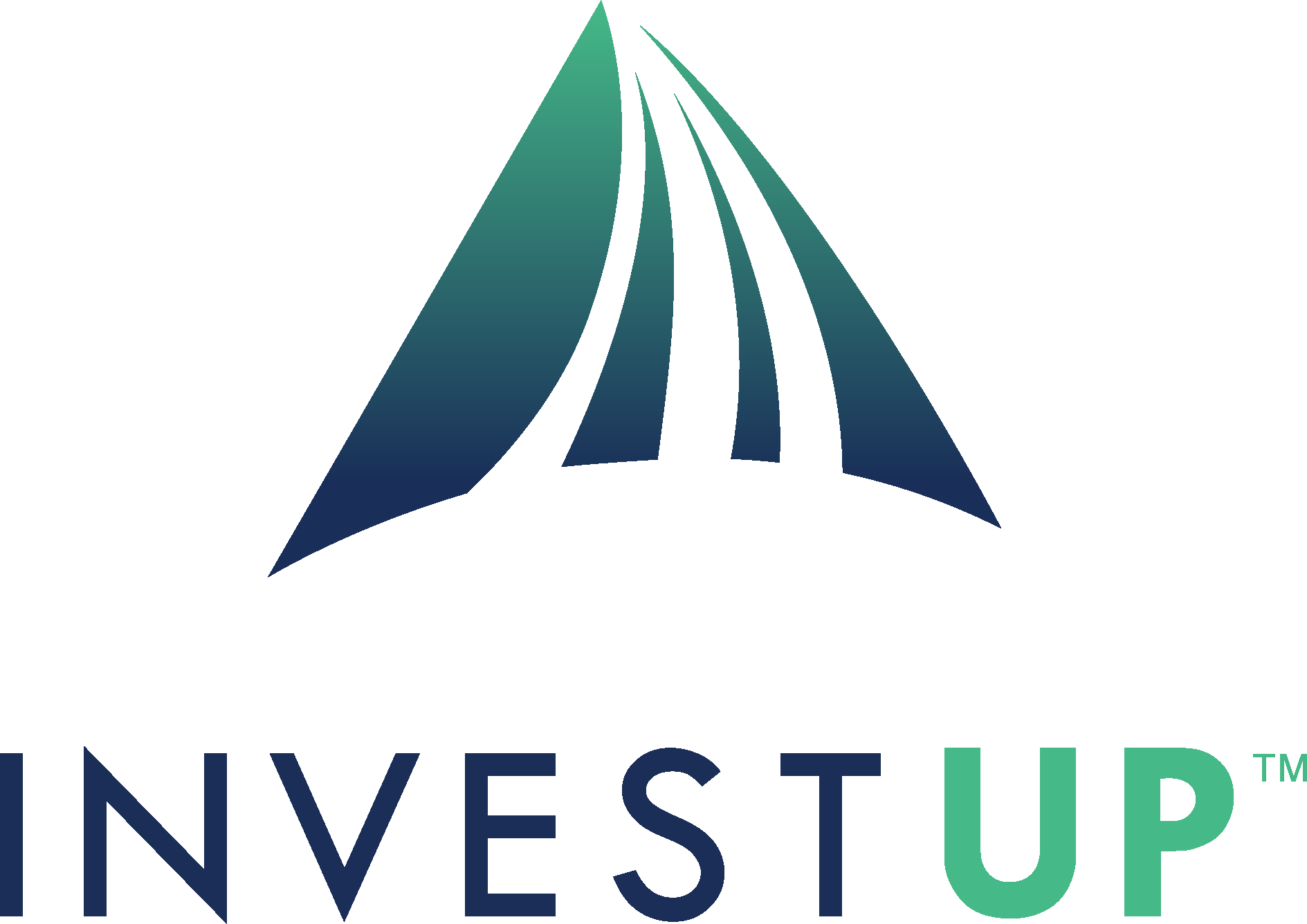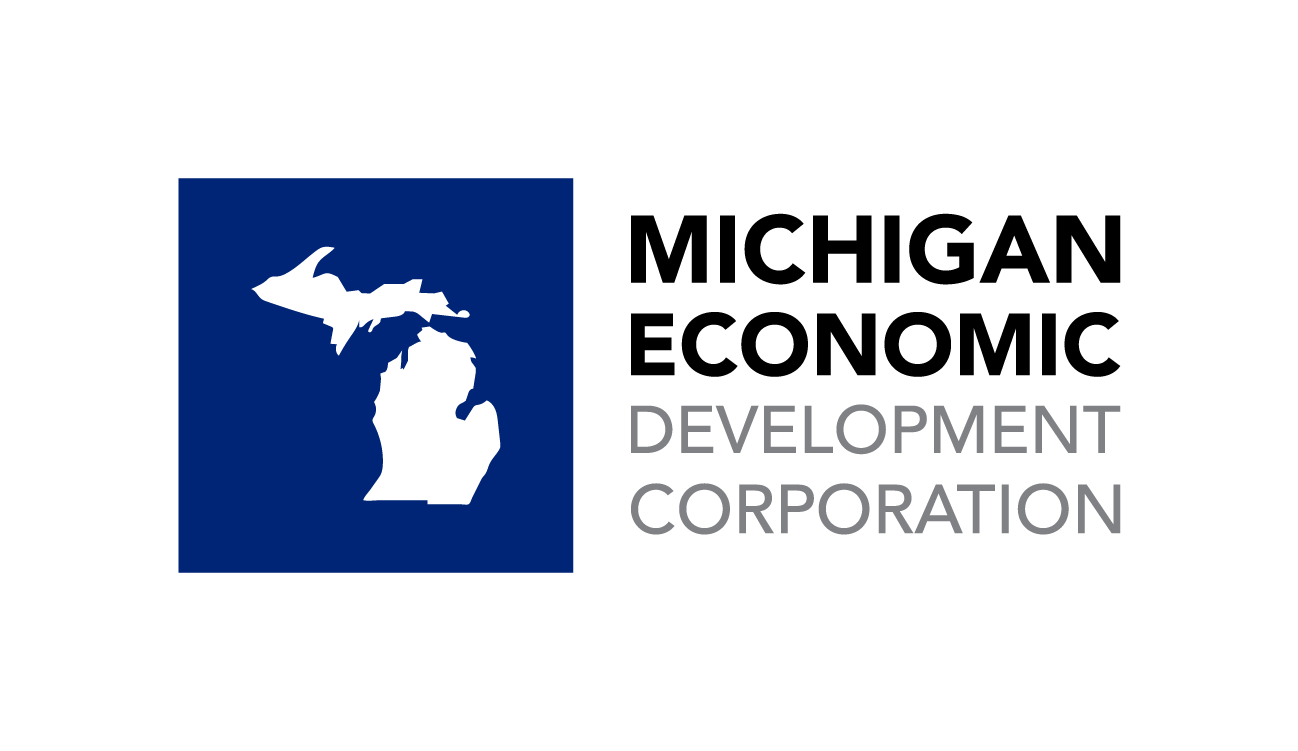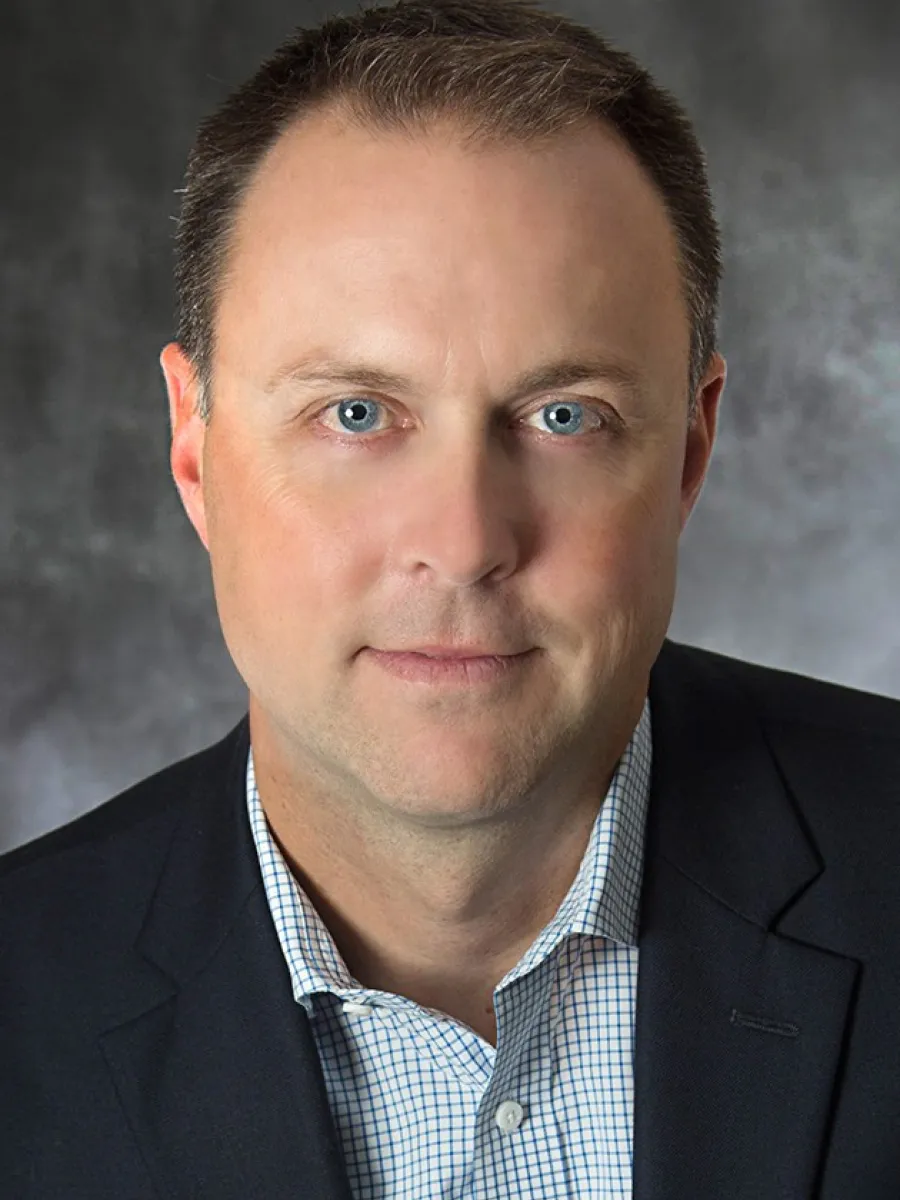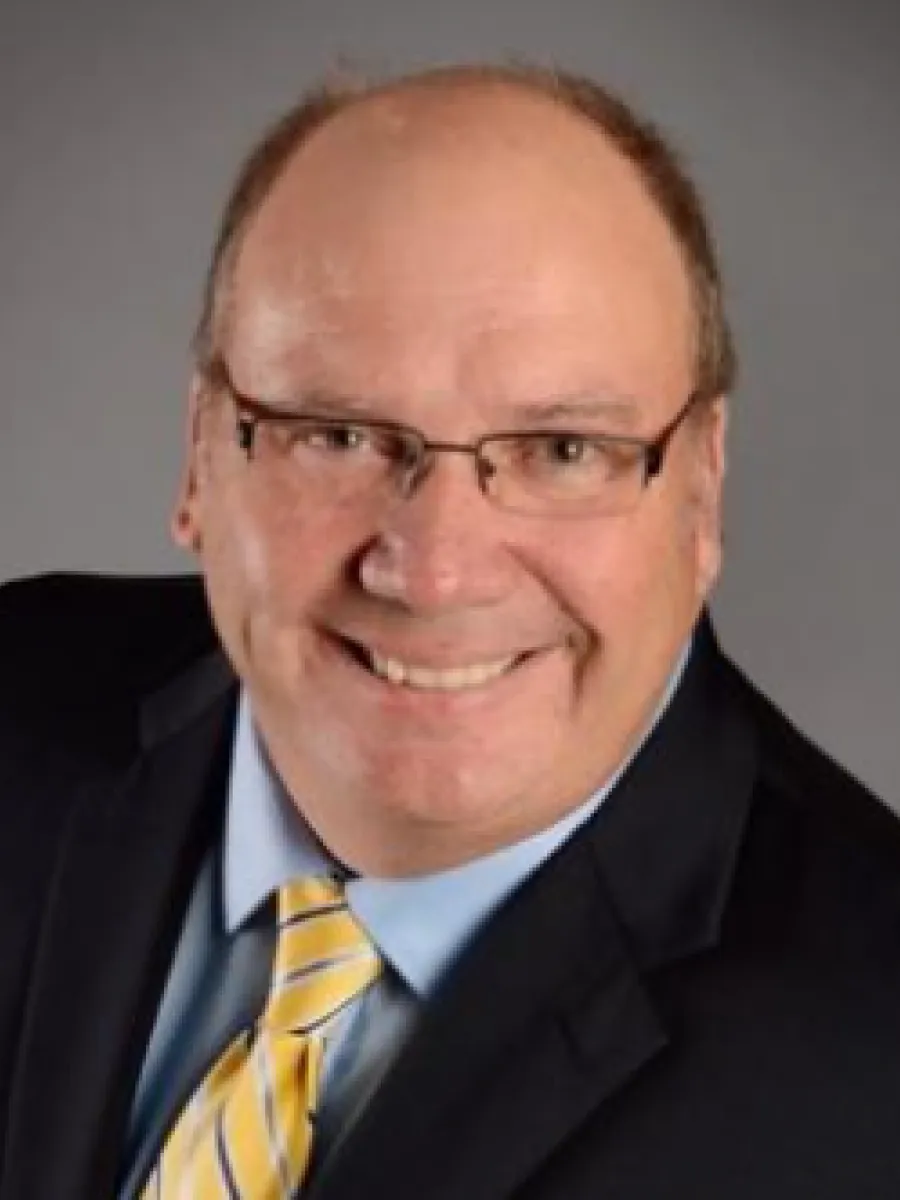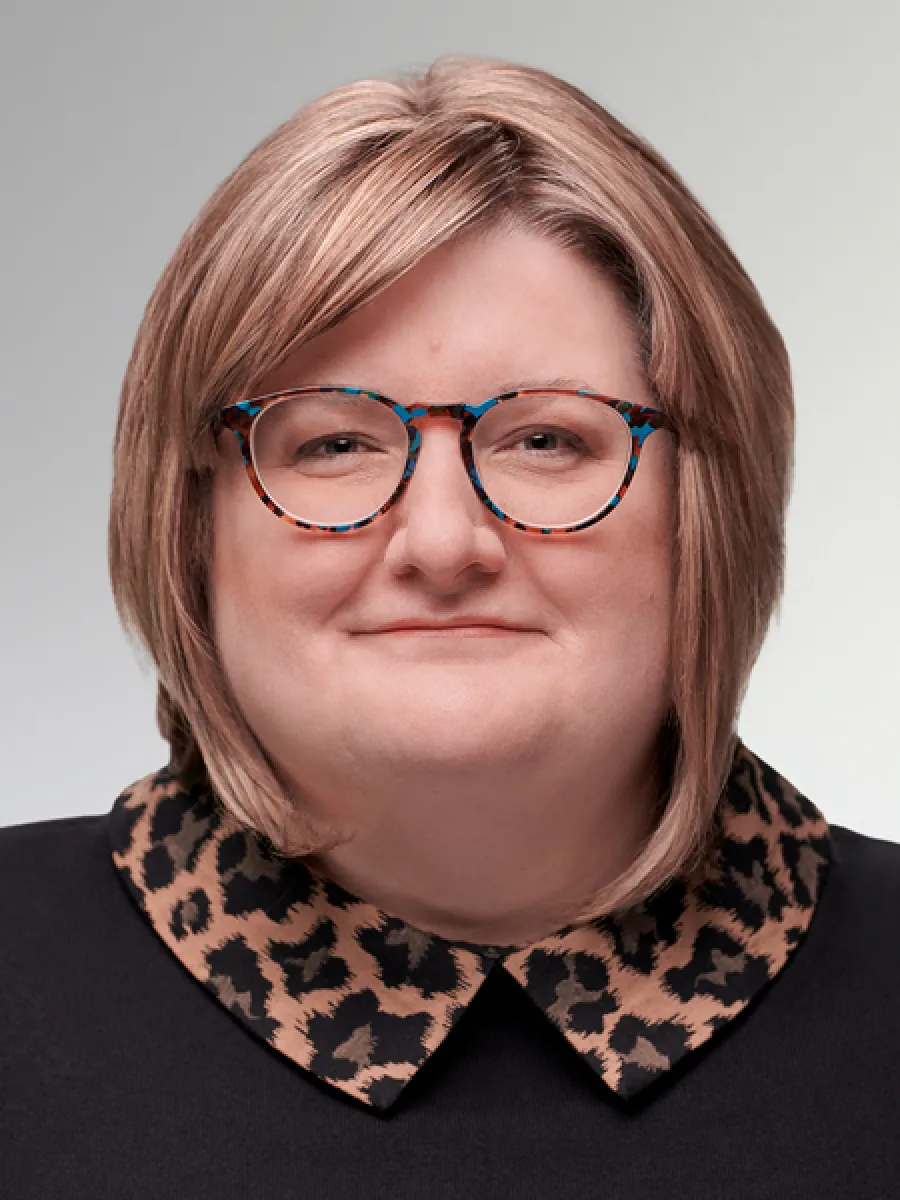Frequently Accessed Links
Student Applications and Community Project Proposals
Student applications and community project proposals for the third cohort are open and will be accepted through 11:59 p.m. on Sunday, November 16.
About

The Rural Leadership Fellowship is a paid and scholarship-supported applied learning experience for students interested in rural economic development and public sector careers. Student fellows are mentored by an Advisory Committee of experienced leaders in planning and executing a project in the Upper Peninsula that has been identified as a community economic development priority. The program is a public-private partnership with InvestUP, a non-profit economic development organization supported by the region’s major employers to drive prosperity across the U.P. It is funded by a rural capacity-building investment supported by the Michigan Economic Development Corporation.
Fellowships are awarded annually through a competitive application process. Selected student fellows will receive a 100% tuition and fee scholarship* as part of their financial aid package for the duration of the fellowship, which is the equivalent of one academic year. Student fellows will also receive a stipend up to $15,000** to assist with living expenses.
For selected student fellows in the upcoming third cohort, the fellowship will start at the beginning of the Winter Semester of 2026 and continue through the Summer and Fall, concluding at the end of the Fall Semester, 2026. The program is focused on graduate student fellows, but undergraduate students are eligible to apply and may be selected on a case-by-case basis.
NMU’s role as a rural-serving institution is critical to advancing the U.P.’s economy, including the acquired skills and experiences that students and alumni contribute as professionals, volunteers, and leaders in their communities.
This program will achieve several strategies comprised in the university's Strategic Plan, Our Compass, especially those within Grand Challenge Two - Partnering with our Place:
Strategy 2.1 - Expanding work-based learning experiences that connect Wildcats with regional employers/organizations in order to increase opportunities for NMU graduates to launch or continue their career in the Upper Peninsula
Strategy 2.2 - Expand Civic Engagement and learning opportunities in order to empower students, faculty, and staff to address critical community issues and contribute to community and public good
Strategy 2.4 - Assess NMU's comprehensive impact on the Upper Peninsula in order to determine and enhance its contribution to regional economic, community, health, and population outcomes
*The tuition and mandatory fee scholarship for graduate student fellows is limited to 8 credits per semester. Undergraduate students shall not enroll in more than 16 credits per semester in order to maintain eligibility for the scholarship. Student fellows will also be required to sign a responsibility agreement as a condition of eligibility for the scholarship.
**The $15,000 stipend is taxable and not part of the student’s financial aid package. It will be distributed to student fellows who continue to complete the program requirements and remain in good academic standing in three (3) $5,000 installments as follows: (1) No later than 15 days after the start of the Winter, 2026 Semester; (2) No later than 15 days after the start of the Summer, 2026 Semester; and (3) upon final completion of the project during the Fall, 2026 Semester. Student fellows will also be required to sign a responsibility agreement as a condition of eligibility for the stipends.
Student Fellows
Cohort 3
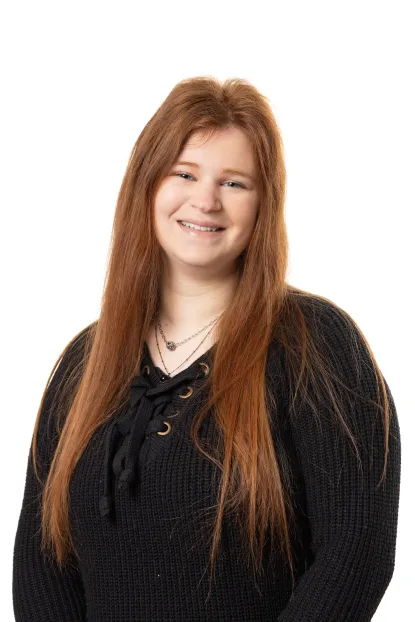
Anna Tousley
Project Partner: City of Marquette Climate Adaptation Plan
Tousley is a senior political science major and co-leader of the NMU Conservation Crew. Her project is focused on the drafting and adoption of a Climate Action Plan for the City of Marquette. The plan is intended to increase the knowledge, awareness and understanding of climate change among staff, partners, community stakeholders and residents, while providing the framework for the city to reduce its carbon footprint. The Climate Action Plan will build upon and coordinate the efforts of the Community Master Plan and Community Resiliency Assessment.
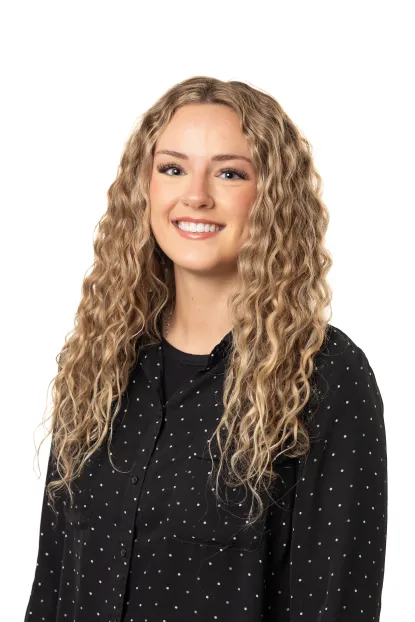
Kaysie Bakke
Project Partner: Forsyth Forward
Bakke is a junior political science major. Her project is focused on supporting sustainable community economic development initiatives with Forsyth Forward, a community and economic development organization, and elected leaders in the greater Gwinn area. The focus of the her work will include strategic planning, research and outreach efforts that enhance the community's ability to attract investment, improve quality of life and strengthen regional collaboration.

Thomas Rousch
Project Partner: Headwaters North SmartZone
Rousch is an economics major. His project focuses on advancing the promotion and utilization of a Foreign Trade Zone as a tool to attract innovation- and technology-driven companies and strengthen cross-border partnerships in Sault Ste. Marie, Mich. His role in the project will include the following: market research on high-tech sectors and foreign trade zone best practices; development of a marketing and promotion toolkit focused on innovation and Blue Economy companies; supporting attraction efforts focused on Canadian-based tech firms; and supporting binational outreach efforts with Canadian partners.
Community RFP
Background
Northern Michigan University, in partnership with InvestUP, is sponsoring eligible students to participate in Upper Peninsula community economic development projects for a period of one calendar year, continuing with the placement of the third cohort of (2) students beginning in the Winter Semester (January) of 2026 and concluding at the end of the 2026 Fall Semester (December). Selected and eligible students will receive a 100% tuition and mandatory fee scholarship for enrolled classes during the fellowship along with a stipend up to $15,000 to assist with living expenses.
Communities across the Upper Peninsula’s 15 counties have goals and aspirations requiring community and economic development or local government capacity. Many communities have dedicated staff for economic development programs or are linked with a local economic development organization (EDO). Many communities rely on multi-tasking staff or considerable volunteer effort.
Through considerable conversation with U.P. communities, our partnership has found that nearly every region in the Upper Peninsula seeks additional capacity to expand economic development programming. Through the Rural Leadership Fellowship Program, students at Northern Michigan University will have the unique opportunity to gain meaningful hands-on economic development experience on a project of regional import. Student fellows are supported by an advisory committee of volunteer professionals who are highly regarded in their field, providing additional opportunity for both project and career mentorship and networking, which may lead to a career path in U.P. economic development or local government. Retaining the next generation of community leaders is a primary objective of this program, which seeks to provide student fellows with practical exposure to issues and opportunities facing rural community development in the Upper Peninsula.
Expression of Interest
We seek expressions of interest from any U.P. unit of government, non-profit, or Economic Development Organization (or a combined partnership) regarding a current or future economic development project or opportunity that may serve as a capstone project for a student fellow. Responding institutions will be responsible for close and ongoing coordination with student fellows and her/his faculty mentor to develop a project objective, scope of work, proposed milestones, and cooperation regarding academic reporting requirements.
Two Qualifying Projects will be selected for the third cohort of the program, which will start in January, 2026. The Rural Leadership Fellowship Program Advisory Committee will assist faculty mentors in assigning projects to each of the selected student fellows based on his/her interest. Once the student fellow is placed, the mentor group will serve as a standby resource for the student, faculty mentor, and the community for the duration of the fellowship.
The Advisory Committee will select “Qualifying Projects” for student selection from the responses to this Expression of Interest:
Qualifying Project
The Advisory Committee will select projects based on the overall quality of experience for the student fellows. Please note: This program is not a part-time staffing solution to assist with general office or clerical duties. An objective of the program is to achieve geographic diversity for selected projects. While projects will be selected based on a variety of factors, including the overall quality of experience for the student fellows, the Advisory Committee will strive to achieve geographic balance, where practical.
The Advisory Committee has set out the following objectives for reviewing projects:
- Respondent must provide evidence of a project of importance to the community where additional capacity is needed
- Respondents must demonstrate that it has the capacity to work directly with the student fellow and faculty mentor on the project.
- Respondents must demonstrate that the student fellow will be given meaningful responsibility for some aspect of the project they will be working on.
- Respondents must demonstrate that the student will have access to materials and resources required for the project.
- Respondents must demonstrate that the student will be exposed to proceedings and meetings of decision makers in the community (e.g., City Council meetings, Planning Commission Meetings, meetings regarding project funding opportunities, etc.)
In addition to the above, respondents acknowledge that this program seeks to provide students with exceptional applied learning opportunities while serving to advance a meaningful Upper Peninsula community economic development project for the duration of their fellowship. Respondents commit to supporting the student fellow through an onboarding process and continued mentorship and evaluation in partnership with NMU, InvestUP, and the Advisory Committee. At the completion of the fellowship, respondents commit to providing feedback to the program.
The Advisory Committee understands that respondents may have projects already underway that require assistance and that those projects may take longer to complete than the duration of the student fellowship. This will not be an issue for project review.
A few example projects below may help respondents frame their expressions of interest:
Example A:
- A community wishes to revise its community master plan, but requires capacity assistance with research, writing, and holding public input meetings.
Example B:
- Multiple communities are interested in collaborating to pursue a regional economic development opportunity and assistance is needed to help formulate goals, objectives, and a consensus charter.
Example C:
- A county land bank is seeking opportunities to implement the use of new housing tax incentives and requires assistance with program development and tax incentive modeling.
Example D:
- A city or village may wish to pursue state grant opportunities for downtown redevelopment or outdoor recreational facilities and requires assistance writing various pieces of the narrative for grant applications and presentations.
Expression of Interest Request
Community RFP FormFrequently Asked Questions:
- What are the academic requirements for participation in the Rural Leadership Fellowship program?
- Graduate Students: Maximum of 8 credits per semester | Minimum of 3 credits per semester for a directed study, internship course, or seminar course with learning outcomes assigned to the fellow’s assigned project.
- Undergraduate Students: Maximum of 16 credits per semester | Minimum of 4 credits per semester for a directed study, internship course, or seminar course with learning outcomes assigned to the fellow’s assigned project.
- How are the economic development/community projects being selected?
- NMU and InvestUP are issuing a public request for proposals to Upper Peninsula communities and economic development organizations. These proposals will be evaluated and Qualifying Projects will be selected by the Advisory Committee.
- The NMU Student Fellow Selection Committee and InvestUP will work together to align selected student fellows with Qualifying Projects based on the selected students' interests and fields of study.
- Will student fellows be required to relocate to the community in which their fellowship project is located?
- No – Student fellows will be required to participate alongside community project leaders and mentors for certain meetings and events, but they will not be required to relocate.
- What is the Advisory Committee and how will it work with the students?
- The Advisory Committee is a group of volunteer economic development professionals who are highly regarded in their field, many of whom are NMU alumni and/or current or former Upper Peninsula residents. Each member of the Advisory Committee has a special connection to NMU and/or the Upper Peninsula.
- Members of the Advisory Committee will become acquainted with student fellows at the beginning of their project journey. In addition to project supervisors/mentors and the faculty advisor, the Advisory Committee will serve as a resource to student fellows regarding project questions, economic development program expertise, and additional networking connections on an as-needed basis.
- How much time will student fellows be expected to work on their assigned fellowship project?
- Approximately 15-20 hours per week
- Will the student fellows be required to work on their assigned project through the summer semester?
- Yes. The project RFP is intended to garner proposals of meaningful economic development significance and are intended to align with a year-long fellowship program. At a minimum, student fellows should expect to enroll in one directed study course during the Summer Semester, which will be 100% covered as part of the tuition and fee scholarship.
- Depending on the nature of community economic development project proposals received, the Advisory Committee may consider pairing separate proposals together. In this scenario, it may be possible for a student fellow to be paired with two smaller projects, one for the Winter Semester and one for the Fall semester.
- Are students who complete the fellowship program eligible to apply for potential future cohorts?
- Yes
Past Student Fellows
Cohort 2
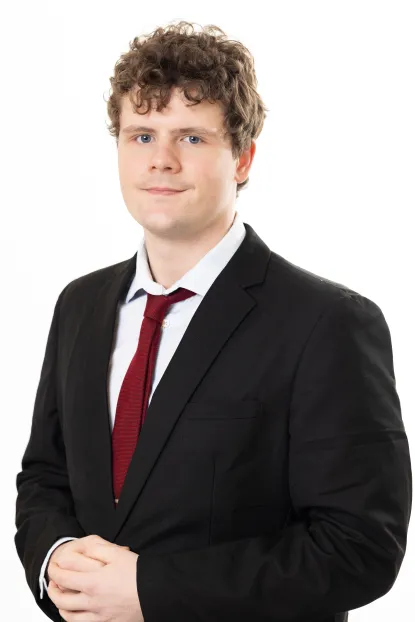
Travis Garvey
Project Partner: Michigan Office of Rural Prosperity
Travis Garvey is working with the Michigan Office of Rural Prosperity to support the rollout of a new program that assists underserved rural communities in developing plans for priority projects that are required for various public funding sources. Through this work, he is assisting the agency to provide planning support and technical assistance for underserved communities while also helping communities to navigate cross-governmental resources, including state agencies, institutions of higher learning, philanthropy, and other partners.
“I have been helping develop a commercial property inventory for the city of Bridgman,” Garvey said. “I've been working with local community leaders in the area to help achieve this task. Moving forward, we plan on sending out surveys to property owners and tenants to help fill gaps in our inventory. Another project I'm taking on is grant evaluation. I'm helping organize information in submitted applications and scoring specific sections of them. This semester, I'm hoping to learn more about what makes a great applicant and how best to allocate tax dollars.”
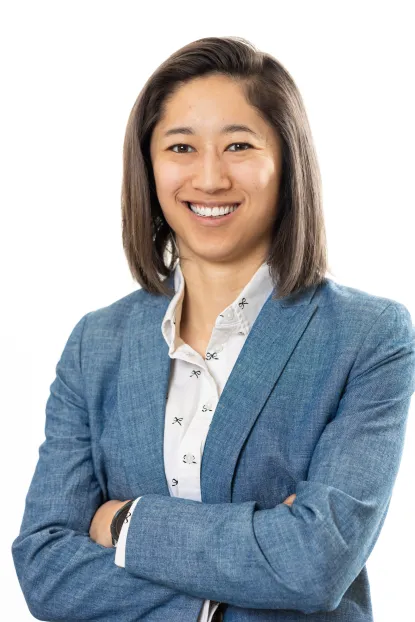
Rachel Raak
Project Partner: Village of Laurium
Rachel Raak is assisting the Village of Laurium in developing its first 5-year Parks and Recreation Plan. Through this work, she is helping to support a major priority for the village, which will enable public funding eligibility to transform public park and recreation sites, such as the Gipp Ice Arena, ball fields, and other public recreation access areas.
“My work updating the recreation plan is focusing on enhancing outdoor recreation opportunities,” Raak said. “Rural communities often face challenges such as limited resources and funding, but this experience has emphasized the importance of collaboration and creative problem-solving. In addition to planning, I am assisting with grant writing to help secure the resources needed to bring these projects to life. My goal this semester is to help develop a plan that strengthens access to outdoor recreation and supports the community's connection to its natural environment.”

Miki Rogers
Project Partner: Partridge Creek Compost in Ishpeming.
Miki Rogers is working with Partridge Creek Compost in Ishpeming. The focus of her project is designing a comprehensive framework to expand and support the local food system. Through this work, she is engaging with a variety of stakeholders throughout the local food supply and processing chain.
“I have had the privilege of interviewing and holding conversations with several small-scale sustainable farmers in the Upper Peninsula,” Rogers said. “These conversations have provided me with valuable insight into how I will move forward with my research. This semester I will continue to look into the economic viability and importance of small-scale agriculture as it exists in the Upper Peninsula and beyond.”
Cohort 1
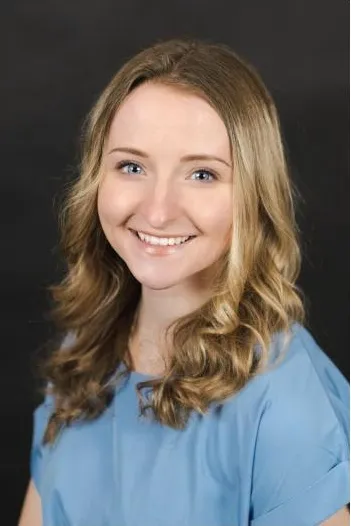
Lexi Hagan
Where are they now?
Lexi Hagan, a 2024 Northern Michigan University business management alumna and one of the first NMU Rural Leadership Fellowship Program participants, is the new executive director of the Menominee Business Development Corporation. Her role is to attract new businesses to the area, retain existing businesses, and help them identify available grant opportunities.
As an undergraduate Rural Leadership Fellow at NMU, Hagan received a scholarship-supported, project-based internship with the City of Manistique to update its five-year recreation plan in conjunction with the implementation of a Michigan DNR Spark Grant of $800,000 to support city parks' infrastructure.
“I discovered how rural development not only aligns with my desire to help others, but does so on a much larger scale than I ever imagined,” she said of the program, a public-private partnership between NMU and InvestUP.
Lexi is a senior management major from Iron Mountain. Her fellowship is focused on assisting the City of Manistique with an update of its five-year recreation plan in conjunction with the implementation of a Michigan DNR Spark Grant of $800,000 that is designed to support city parks infrastructure and grow outdoor recreation and the redevelopment and renovation of Manistique's public recreation facilities
Lexi's passion for the outdoors aligns well with her fellowship, which she also views as a way to give back to a community in the Upper Peninsula.
It's like a little slice of paradise, and if I can do something that helps impact the economy to make it better for U.P. residents, that would be awesome,” she said. “I'm really grateful to be selected for this fellowship. It will allow me to make some great connections with community leaders before I graduate in December, which might give me a leg up in the job market. It will also impact me as a student to get practical experience alongside all of the concepts I'm learning about in class and see how they apply to the real world.
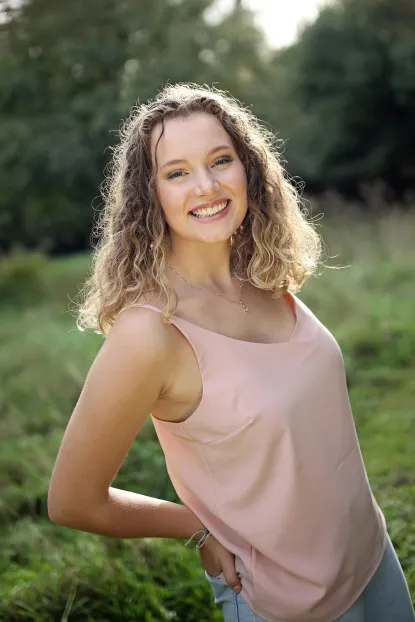
Anne McIlhagga
Anne is a junior political science major from East Lansing. Her fellowship is focused on assisting the City of Marquette with the rollout of its Community Master Plan Update, which will lay out the community's long-term vision and guide policies, which in turn directs future growth and development patterns. Her work includes assistance in creating and implementing the city's new strategic plan.
"I've been very passionate about local government and civic duty my whole life,” she said. “The federal government seems to make the news most often, but the issues that more directly impact us on a daily basis—property taxes, schools, potholes, plowing—are at the local level. It's easier to get involved and make a difference locally. Starting there gives me an opportunity to connect with people in the community that I'm working to help.
As a student, it's wonderful and inspiring to see pieces of what I'm learning in my classes come together through real-world applications. Others wait years for that to happen, but I'm getting it now. This will give me an advantage as I pursue graduate programs and a future career in local government, especially in a rural environment. I'm also able to network with those who serve in Marquette's government and on the fellowship advisory board. They are valuable resources I wouldn't be able to access without this fellowship opportunity.
Advisory Committee
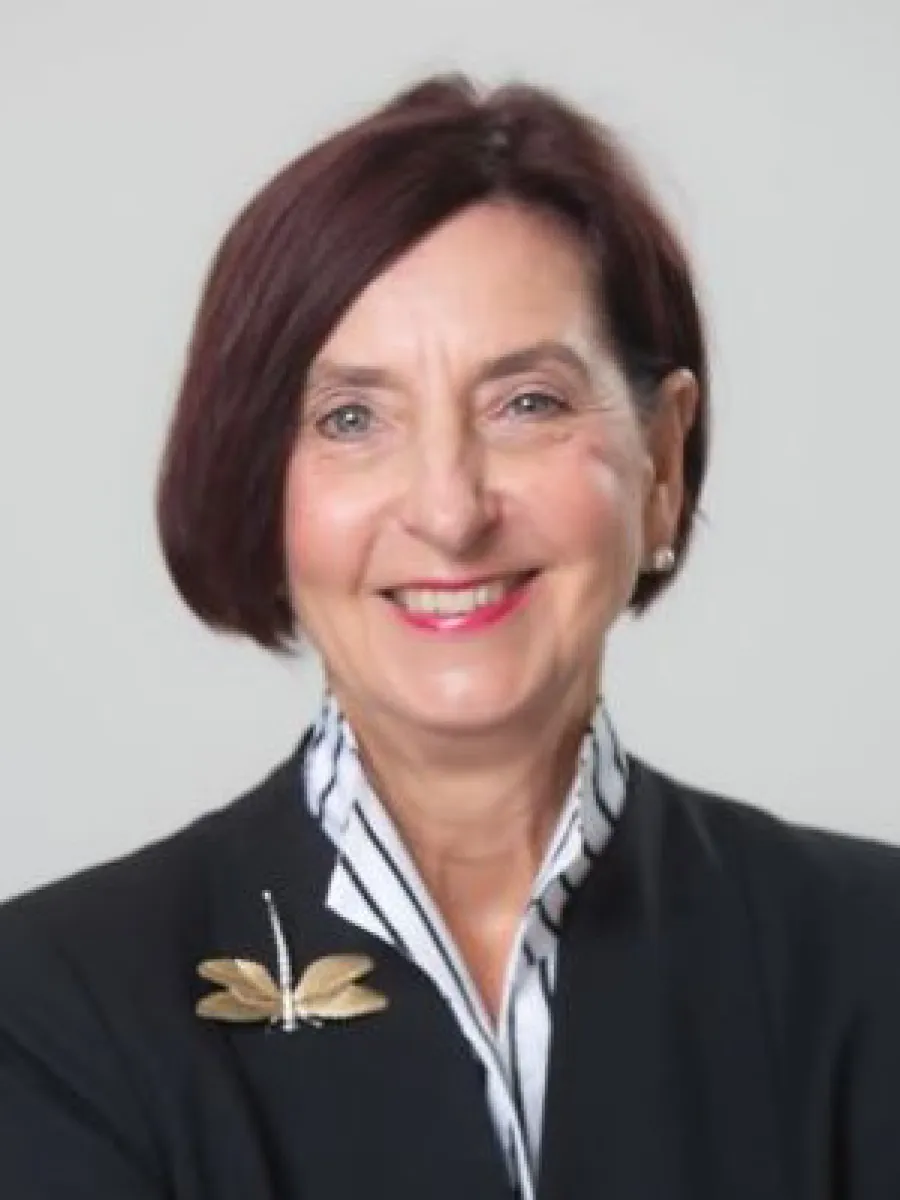
Birgit Klohs
Retired CEO - The Right Place, Inc. Co-Founder and executive chair - New Community Transformation Fund
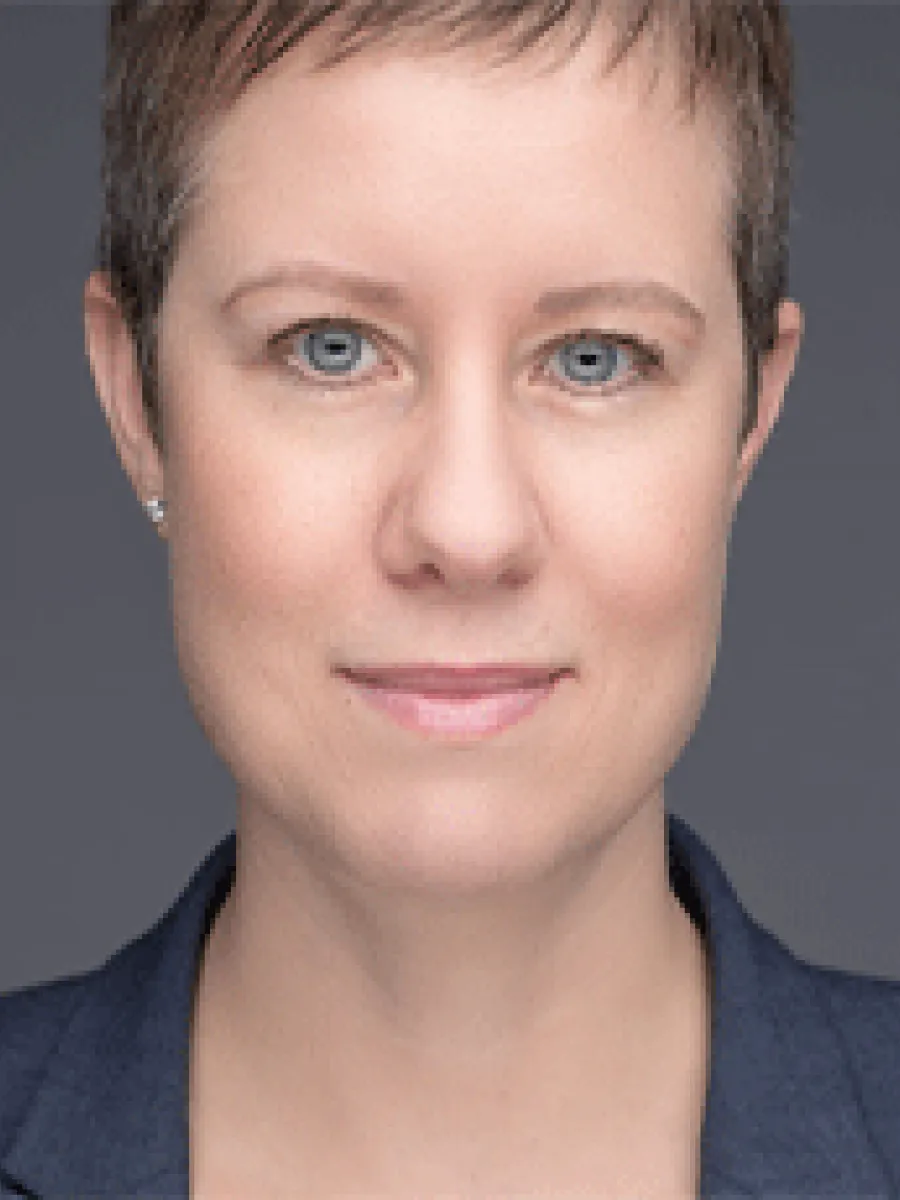
Jen Nelson
Chief Administrative Officer, Facility for Rare Isotope Beams (FRIB), Michigan State University
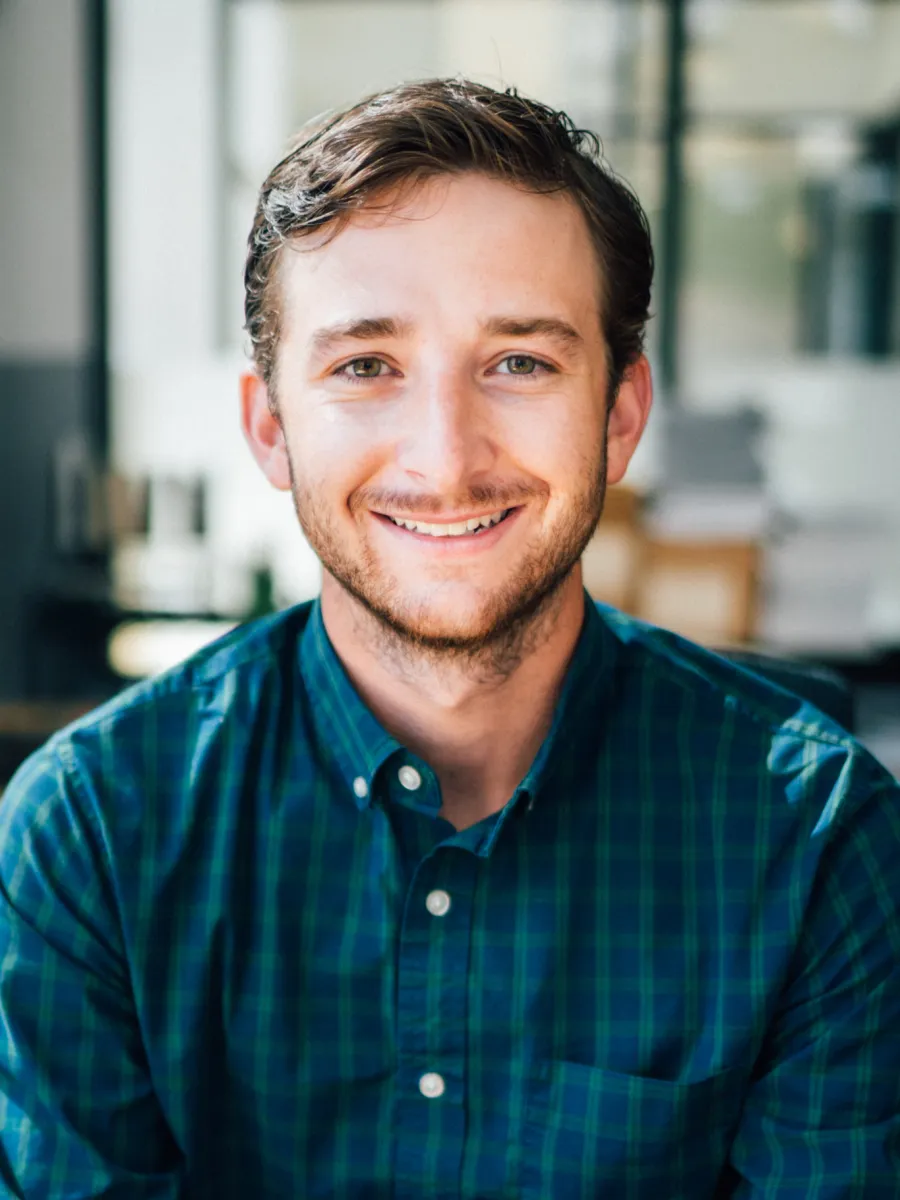
Charlie Tyson
Technology Activation Director, Office of Future Mobility and Electrification
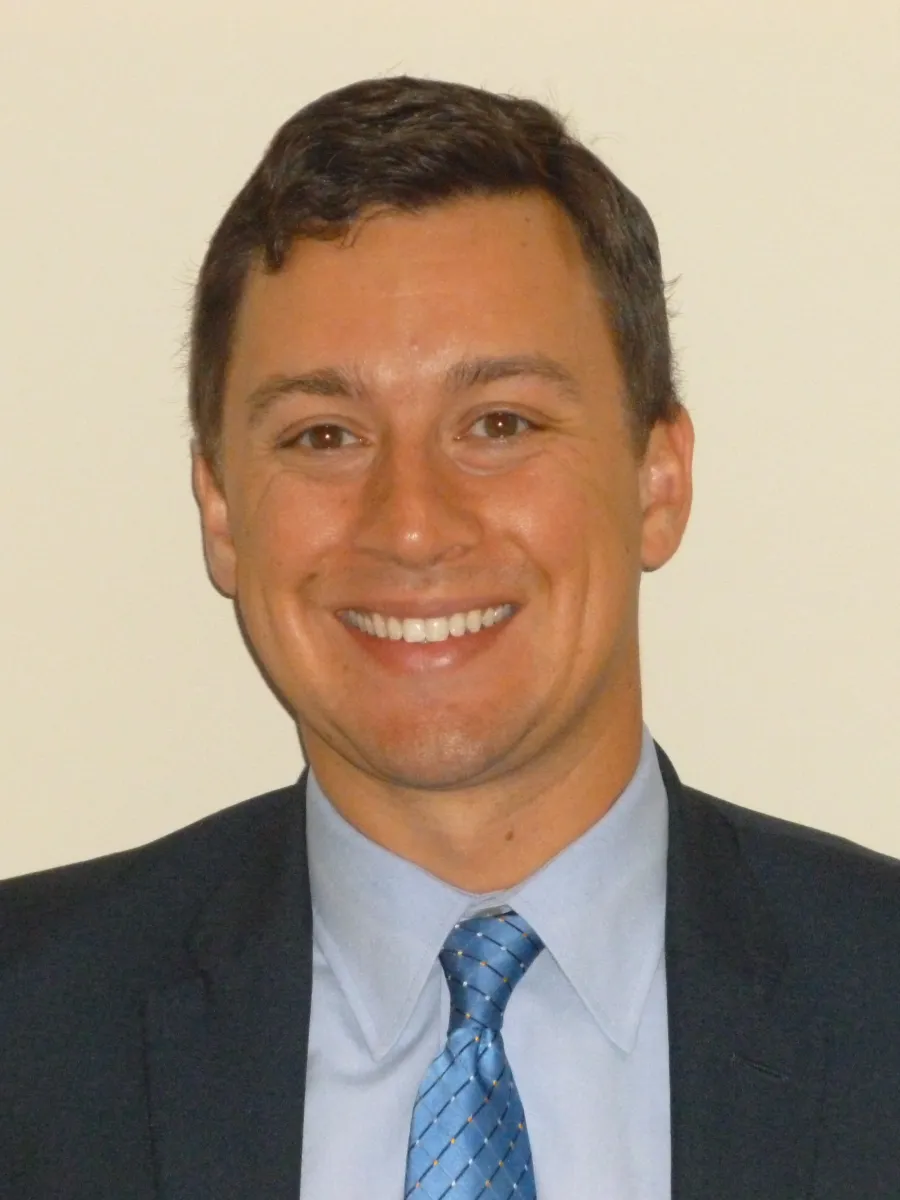
Jake Winder
Executive Policy & Governance Director, Michigan Economic Development Corporation

Christopher Germain, AICP, EDFP
Chief Executive Officer, Lake Superior Community Partnership Lake Superior Community Partnership
The Rural Leadership Fellowship is a Program in partnership with InvestUP and the Michigan Economic Development Corporation.
